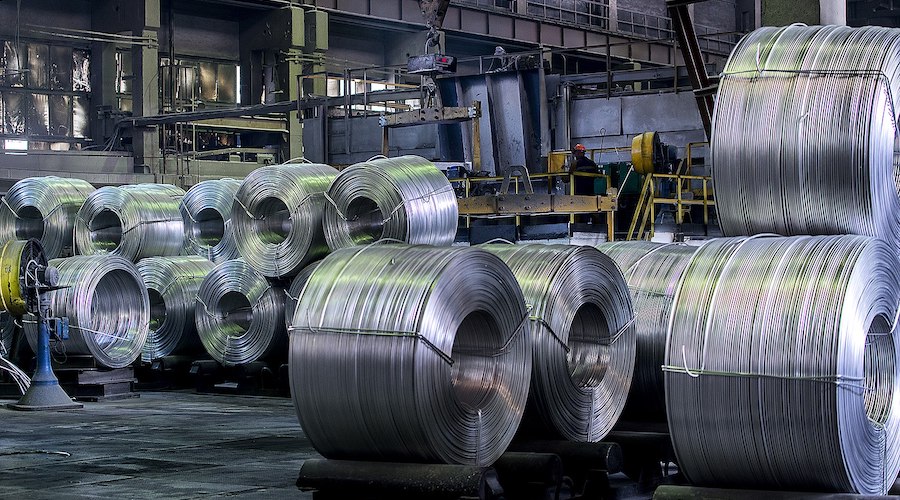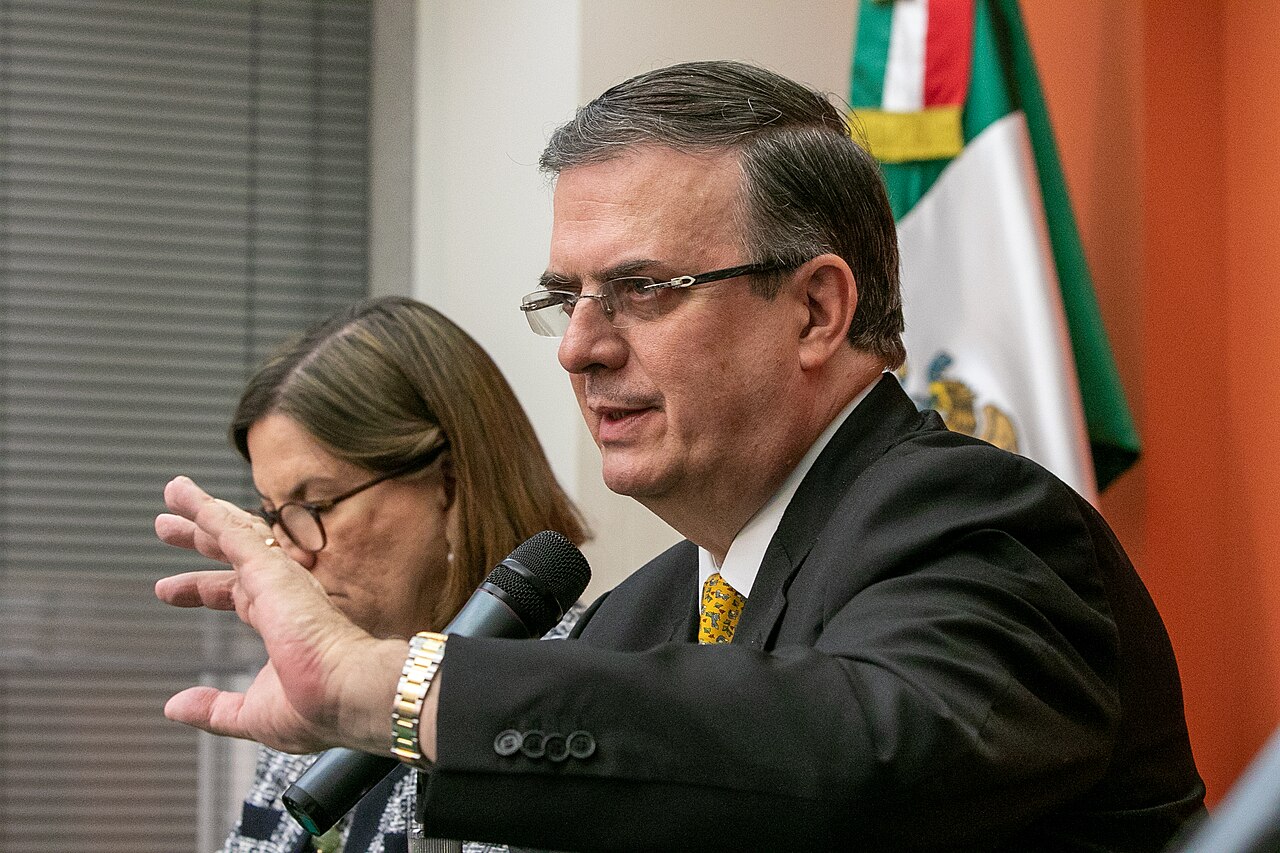Mixed fortunes for Russian metal at mid-point of aluminum mating season

Midway through the aluminum market’s so-called mating season of end-users and sellers locking in supply deals, Russian metal is experiencing mixed fortunes, with some European industrial companies avoiding it for 2024.
Those opting to swerve Russian aluminum have done so partly due to worries about potentially harming their sales to the United States.
Since Russia invaded Ukraine last year, some buyers stopped buying aluminum from Russia’s Rusal 0486.HK, the world’s largest aluminum producer outside China, even though there are no Western sanctions on Rusal or Russian aluminum.
“It’s a mixed bag really. Some people are caught in the middle,” said Dan Smith, head of research at Amalgamated Metal Trading.
“The big listed players tend to be more concerned about their public image, but private companies aren’t under that same pressure.”
Rusal, which accounts for 6% of global production, said this week that it had fully allocated its 2023 sales volumes and was seeking to define the most profitable sales portfolio for next year. It did not give further details.
A move by Washington earlier this year to impose tariffs of 200% on aluminum produced in Russia has created complications for some exporters.
Greece’s Alumil, maker of aluminum windows and other industrial products, is avoiding buying Russian-origin metal as it would prove difficult to support sales to the United States, said Sotiris Voulgarakis, procurement manager at the family-owned company.
“The imposed tariffs are killing any sales of Russian metal to the USA.”
Alumil has 12 factories in Europe and exports its products globally, including to North America.
“A lot of people are trying to self-sanction, but for some it’s not that easy,” said a European-based aluminum trader.
Buyers that need aluminum slab from Rusal do not have many alternatives and many have renewed their contracts, he added.
Aluminum slabs are an interim product that are often rolled into sheets, used in applications such as auto bodies.
A European industrial consumer who declined to be named said his company had put out a buying tender for 2024, which included Rusal.
Smith said “self-sanctioning” may be helping to support aluminum prices, which are the best performer among base metals on the London Metal Exchange (LME) over the past month.
“You haven’t got a huge amount of aluminum stock there, it’s being drawn down pretty sharpish, and a big chunk is Russian which many people are avoiding,” he said.
“For me, it tends to tighten up the market effectively.”
On-warrant LME inventories, those that have not been earmarked for removal, have slid 62% since early May and the bulk of them are Russian origin.
Citigroup Inc. has been buying large volumes of physical aluminum on the LME, much of which is Russian, in a metal-financing trade, Bloomberg reported this week.
The share of available aluminum stocks of Russian origin in LME-registered warehouses fell to 76% in September from 81% in August, LME data showed.
(By Eric Onstad; Editing by Veronica Brown and Elaine Hardcastle)
{{ commodity.name }}
{{ post.title }}
{{ post.date }}




Comments